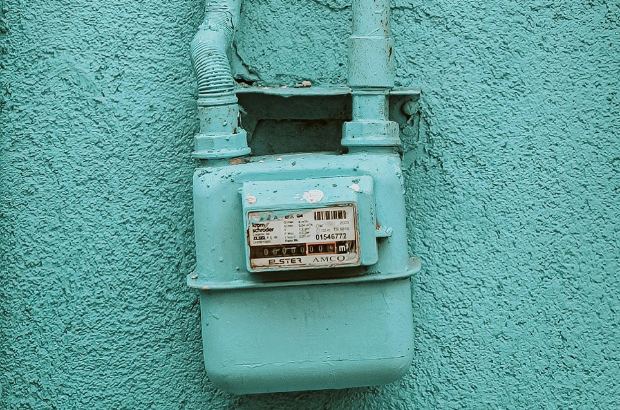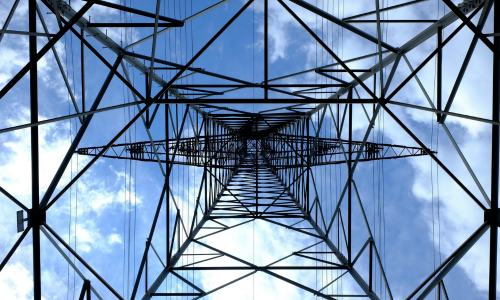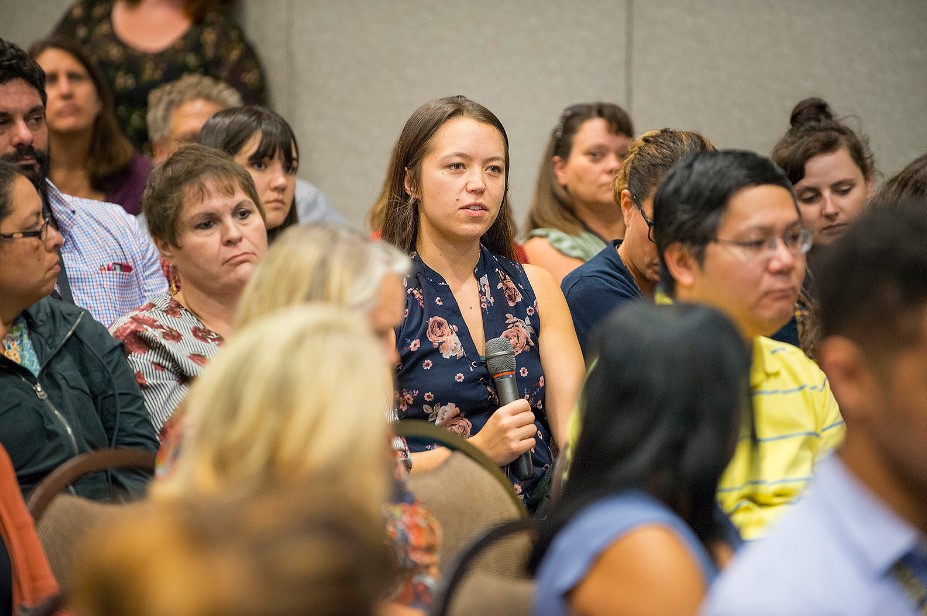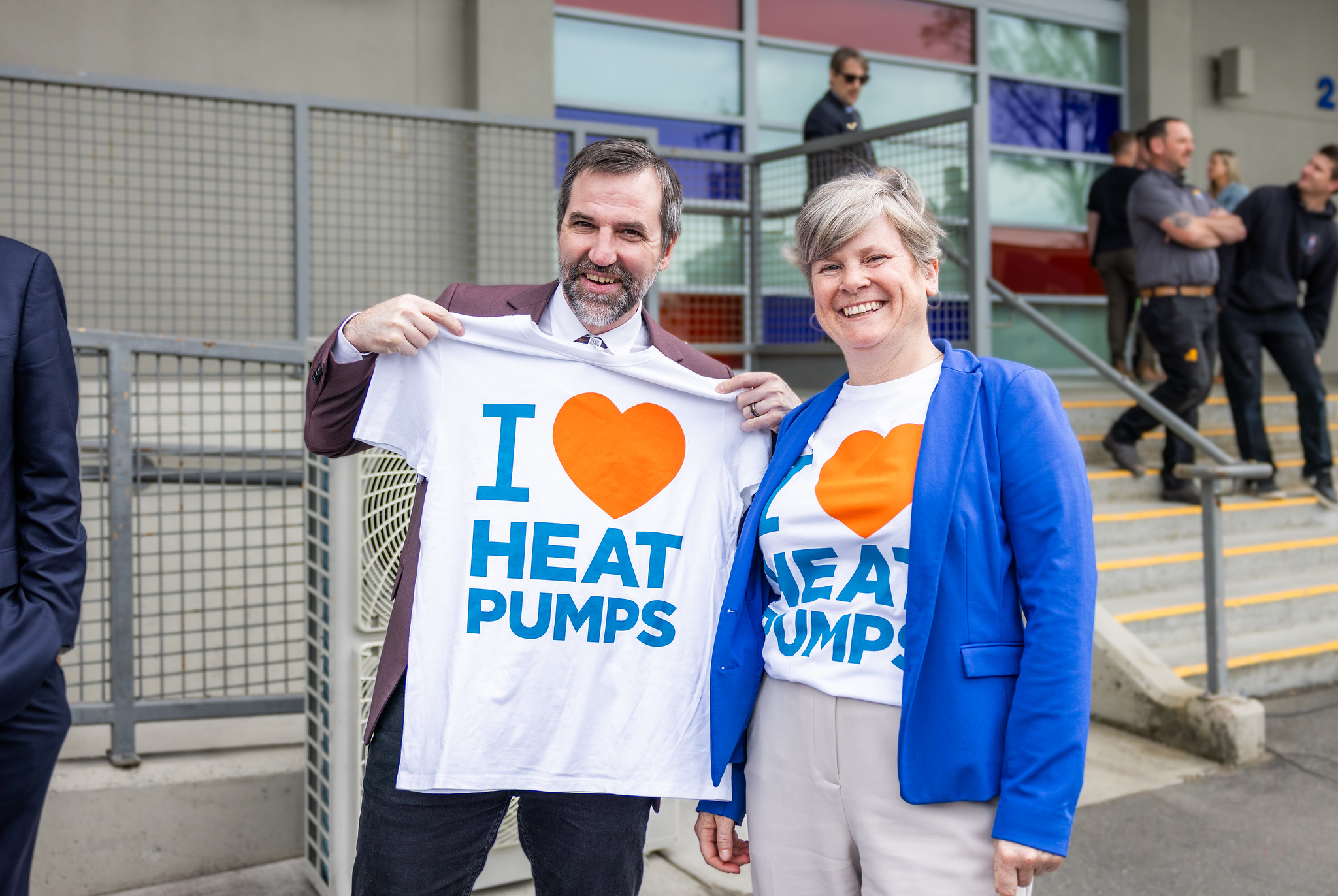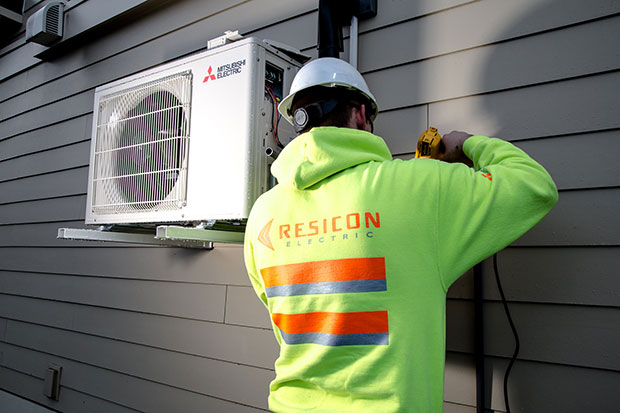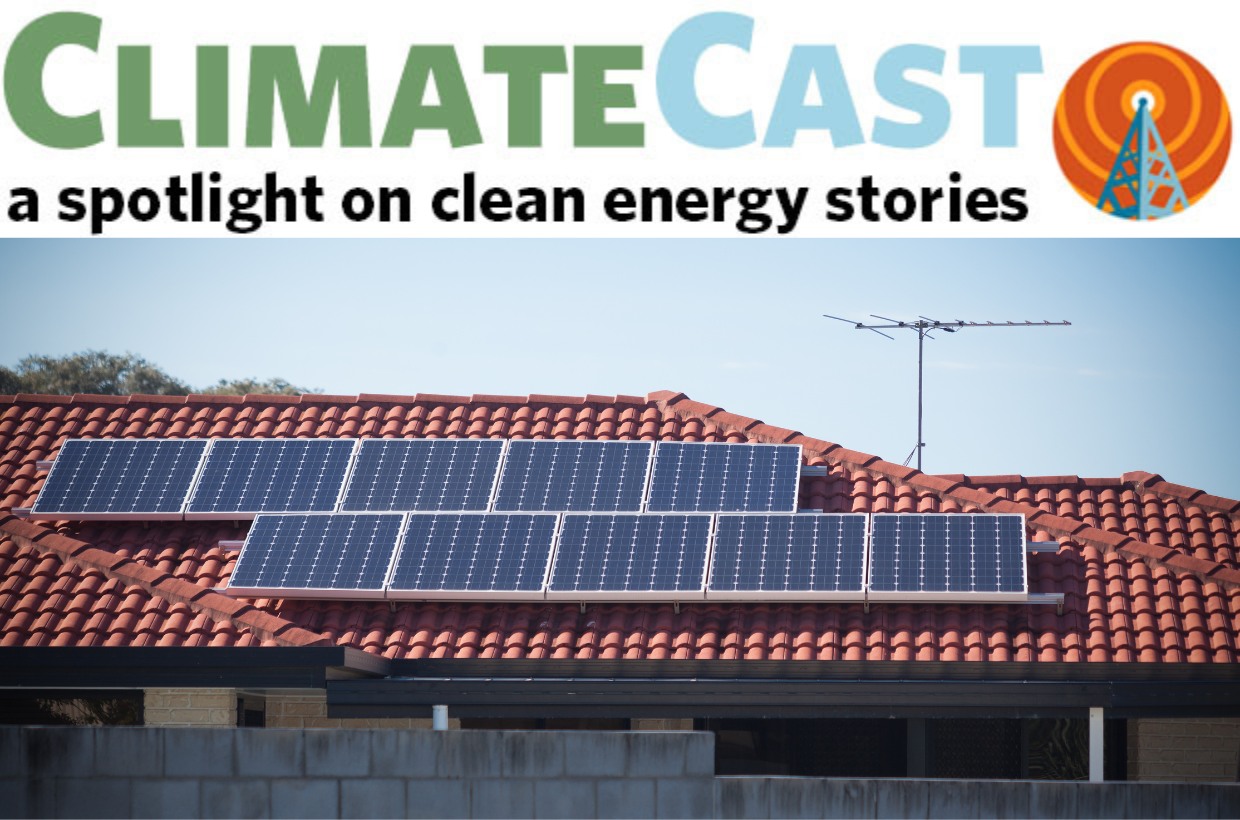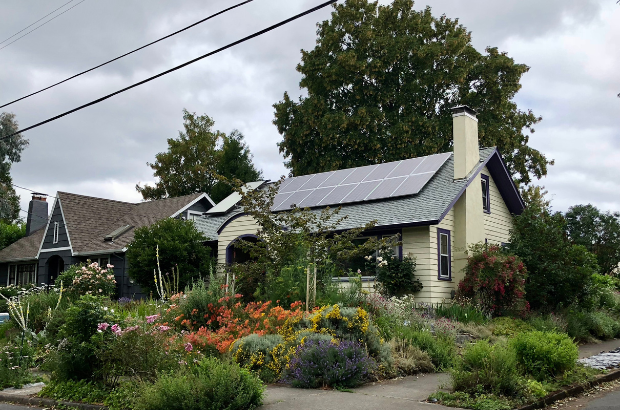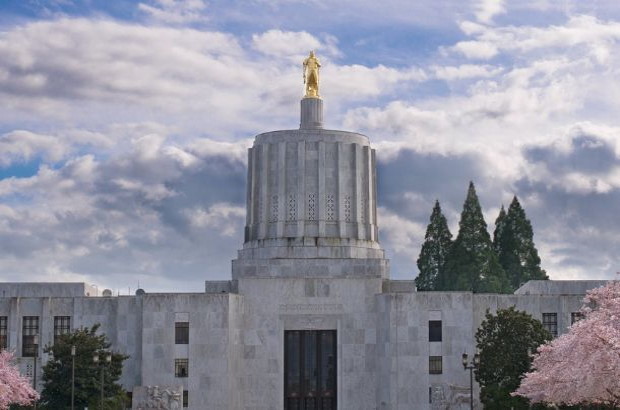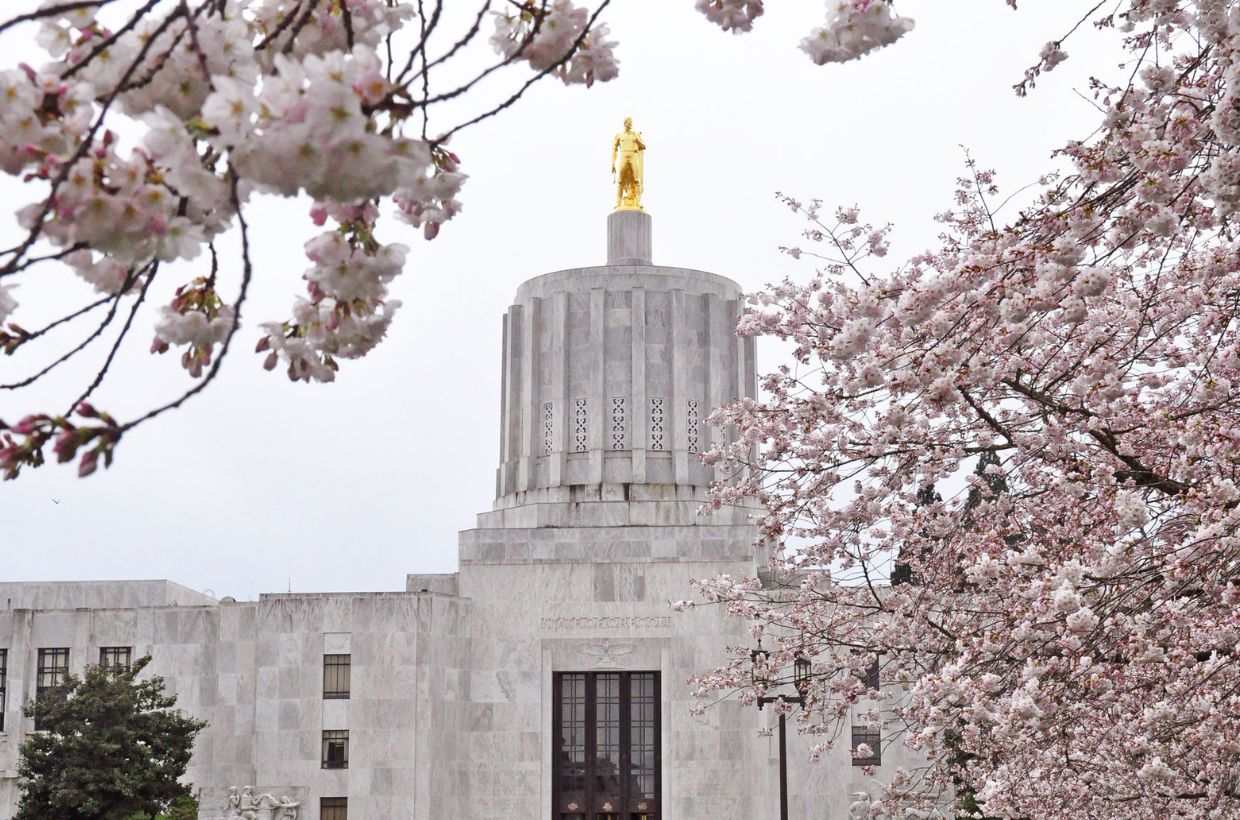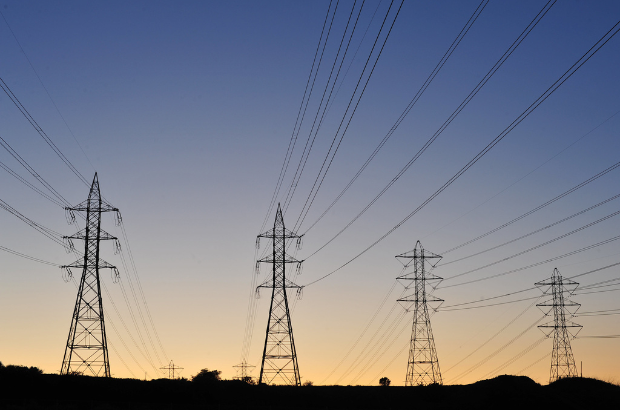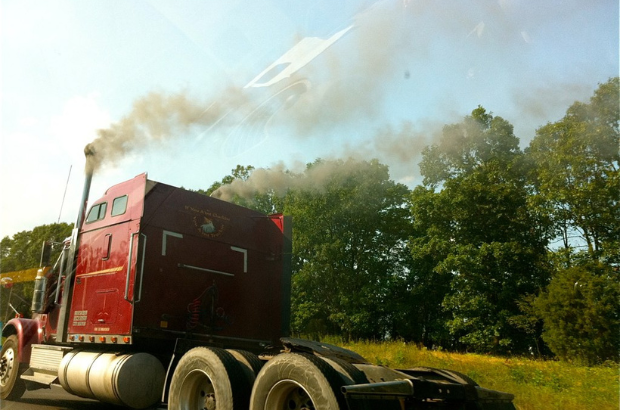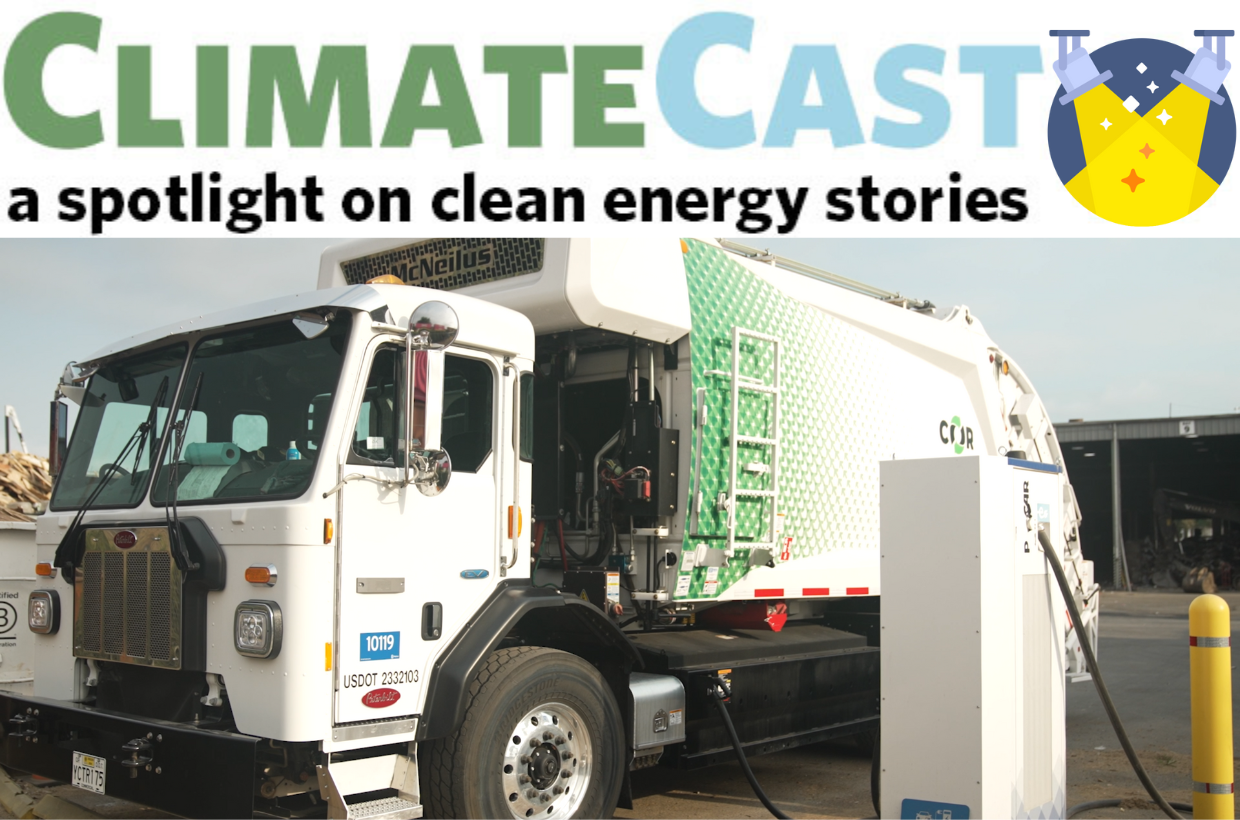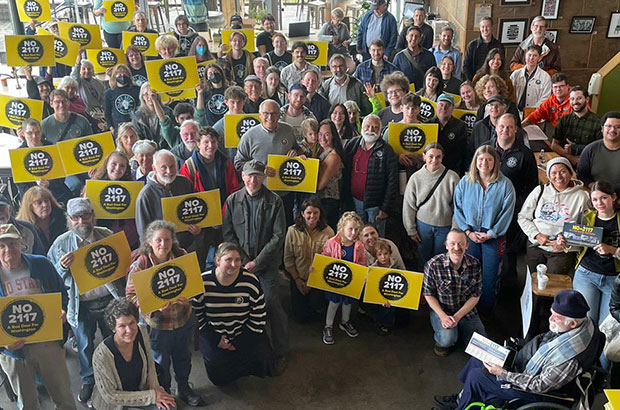Oregon State Government
by Claire Prihoda on
We just found out that NW Natural, the state’s largest methane gas utility, has begun blending hydrogen into the gas system and delivering it to…
by Joshua Basofin on
The way grids are operated—including building out transmission infrastructure in the necessary geographies where energy is needed, controlling flows…
by Brett Morgan on
There’s no way around it; we cannot meet our air quality and climate goals without retiring the existing fleet of diesel-powered medium- and heavy-…
by Juan M. Muñoz Jiménez on
It’s time! It’s time for us to protect and strengthen Oregon’s landmark Climate Protection Program (CPP)! You can help by sharing your thoughts about…
by Jonathan Lee on
Amidst another extreme and record-breaking heat wave, affordable and energy-efficient cooling is essential for everyone. Electric heat pumps can make…
by Juan M. Muñoz Jiménez on
Do you want safer, more environmentally sustainable, financially stable, and well-maintained transportation choices for all Oregonians? …
by Claire Prihoda on
Heat pumps are an essential piece of the puzzle for meeting our climate and affordable housing goals. They both reduce climate emissions and provide…
by Claire Prihoda on
Extreme heat events like this are a dramatic example of the dangers of burning fossil fuels. We need clean energy solutions that protect our climate…
by Jonathan Lee on
The state of Oregon was recently awarded $86 million for rooftop solar projects for lower-income residents. The extra cool news: combined…
by Stephanie Noren on
A new worldwide record for clean energy generation; climate accountability in the courts and state legislatures; and rebates intended to make leasing…
by Meredith Connolly on
Late last year, powerful fossil fuel companies and their industry groups convinced an Oregon state court to invalidate the state's new Climate…
by Meredith Connolly on
Here’s a quick rundown of what happened — and what didn’t happen — to make further progress on climate during Oregon's 2024 legislative session.
by Meredith Connolly on
The Oregon legislature kicked off another legislative session this week with a top focus on addressing the state’s housing challenges. Solving Oregon…
by Meredith Connolly on
A Climate Budget brings an equitable and rapid transition from fossil fuels to clean energy closer within reach while increasing the resilience of…
by Climate Solutions on
Climate Solutions' legislative priorities in Oregon for 2024
Give for a brighter future
Connect
Join our email list to learn about what we do and how to get involved.
2025 OR Policy Notes
Stay tuned for further updates!
